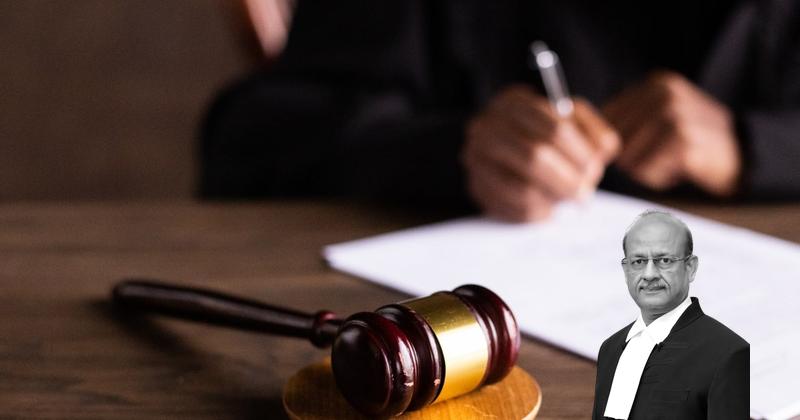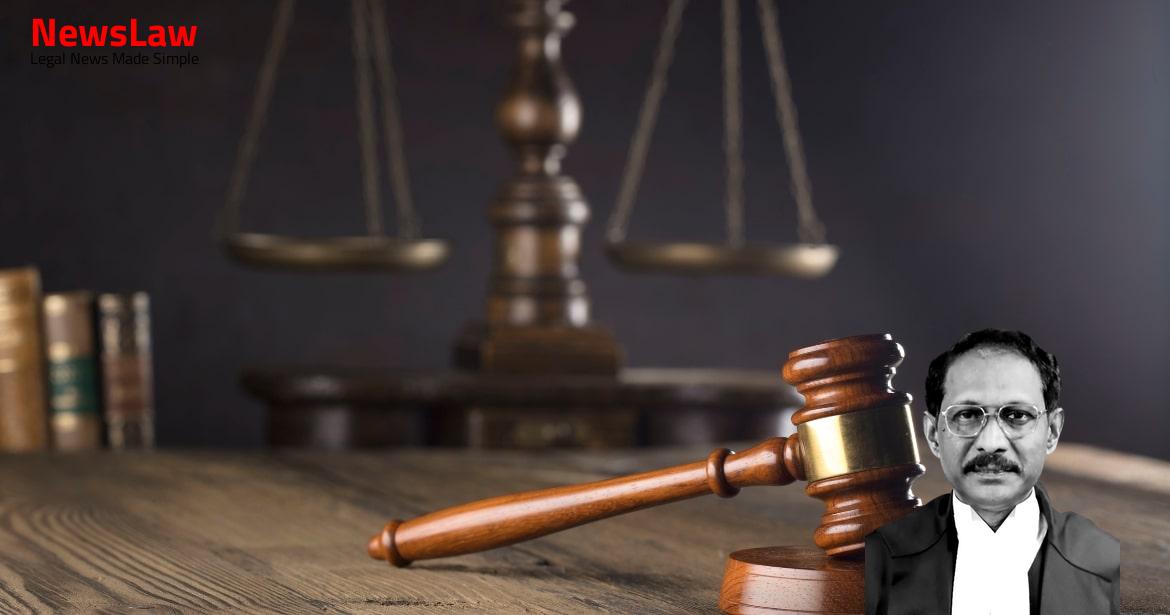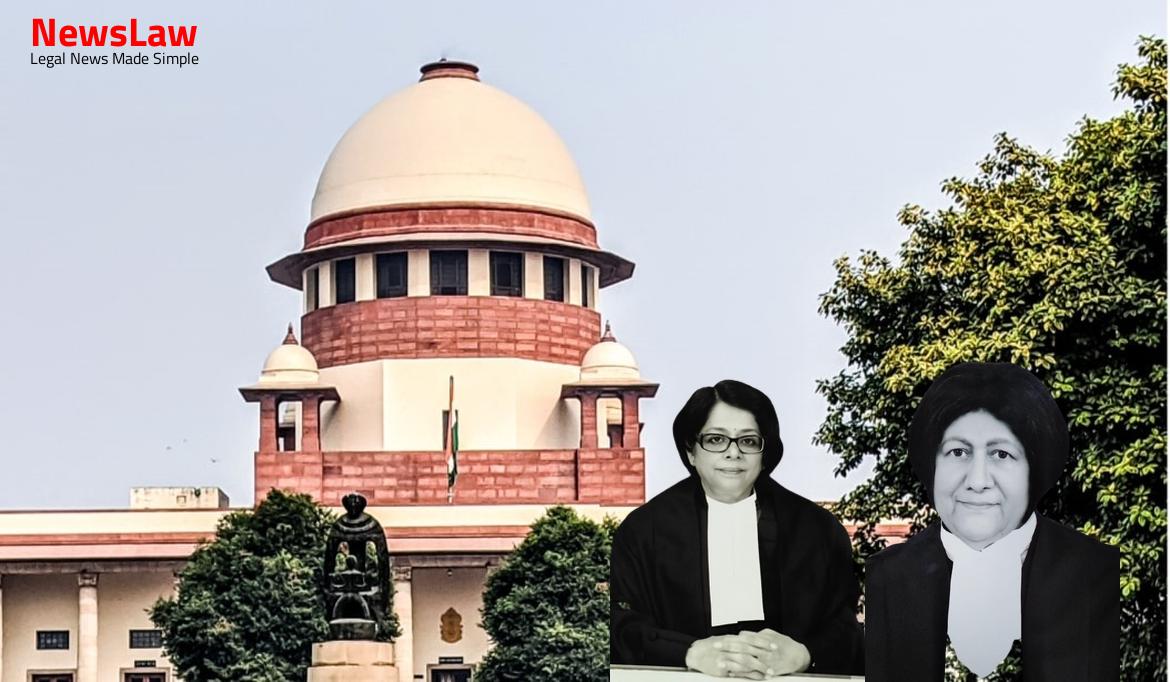Challenge in the present appeal is to the order passed by the High Court of Delhi in W.P.(C) No.6912 of 2014 vide which the writ petition filed by the respondent no.1 invoking Section 24(2) of the Right to Fair Compensation and Transparency in Land Acquisition, Rehabilitation and Resettlement Act, 2013 (hereinafter referred to as “the 2013 Act”) was allowed and it was held that the acquisition in question had lapsed for the reason that neither the possession of the land was taken nor the compensation therefor was paid. The respondent No.1 also filed writ petition challenging the acquisition, after the purchase of the land, bearing W.P.(C) No.3701 of 2008, which was dismissed on 22.10.2008 leaving it open to the respondent no.1 to file review/recall of the order dated 09.12.2004, vide which the writ petition filed by the original owner, challenging the acquisition of land, was dismissed. The basic facts which are not in dispute are that the process of acquisition of land in question started with the issuance of notification of Section 4 of the 1894 Act on 25.11.1980.
The respondent no.1, Ravinder Kumar Jain had purchased the land in question vide registered sale deed dated 18.06.2003. Even otherwise, proviso to Section 24(2) does not recognise a purchaser after Section 4 notification inasmuch as it provides that where an award has been made, and the compensation in respect of a majority of landholdings has not been deposited in the account of the beneficiaries, then, all beneficiaries specified in the notification for acquisition issued under the 1894 Act, shall be entitled to compensation under the provisions of the 2013 Act.
Such a person who has purchased after Section 4 notification as sale deed is void under the 1894 Act, cannot claim rehabilitation and resettlement as per policy envisaged under the 2013 Act, as his land has not been acquired, but he has purchased a property which has already been acquired by the State Government, he cannot claim even higher compensation, as per proviso to Section 24(2) under the 2013 Act.
Given that, the transaction of sale, effected after Section 4 notification, is void, is ineffective to transfer the land, such incumbents cannot invoke the provisions of Section 24. The declaration that acquisition has lapsed under the 2013 Act is to get the property back whereas, the transaction once void, is always a void transaction, as no title can be acquired in the land as such no such declaration can be sought. A person cannot enforce and ripe fruits based on a void transaction to start claiming title and possession of the land by seeking a declaration under Section 24 of the 2013 Act; it will amount to conferment of benefit never contemplated by the law. Subsequent purchasers cannot be said to be landowners entitled to restoration of land and cannot be termed to be affected persons within the provisions of the 2013 Act.
Manav Dharam Trust, (2017) 6751 SCC 751 : (2017) 3 SCC (Civ) 611], even the provisions of the Act of 2013 have not been taken into consideration, which prohibits such transactions in particular provisions of Section 11, including the proviso to Section 24(2).
Granting a right to question acquisition would be against the public policy and the law which prohibits such transactions; it cannot be given effect to under the guise of subsequent legislation containing similar provisions.
Manav Dharam Trust, (2017) 6 SCC 751 : (2017) 3 SCC (Civ) 611], it was not open to it to take a different view. Manav Dharam Trust, (2017) 6 SCC 751 : (2017)
3 SCC (Civ) 611] is per incuriam in light of this decision of this Court in Mamleshwar Prasad v. Nayak, (1988) 2 SCC 602 : 1988 SCC (Cri) 372], State of U.P. Manav Dharam Trust, (2017) 6 SCC 751 : (2017) 3 SCC (Civ) 611] does not lay down the law correctly.
Manav Dharam Trust, (2017) 6 SCC 751 : (2017) 3 SCC (Civ) 611] and overrule it.
Also Read: https://newslaw.in/case-type/civil/grant-of-promotional-pay-scale-to-ayurvedic-medical-officers/
Manav Dharam Trust, (2017) 6 SCC 751 : (2017) 3 SCC (Civ) 611], the case may be referred to the Hon’ble the Chief Justice of India under the provisions of Order 6 Rule 2 of the Supreme Court Rules, 2013. Manoharlal and Others had reiterated the same legal position that a subsequent buyer of the property after issuance of the notification under Section 4 the 1894 Act has no locus to invoke Section 24(2) of the 2013 Act.
vide sale deed dated 09.06.1981, which itself was after the issuance of notification under Section 4 of the 1894 Act on 25.11.1980. The impugned order passed by the High Court is set aside and the writ petition filed by the respondent No.1 in the High Court is dismissed.
Case Title: GOVT. OF NCT OF DELHI Vs. RAVINDER KUMAR JAIN (2023 INSC 558)
Case Number: C.A. No.-003621-003621 / 2023



